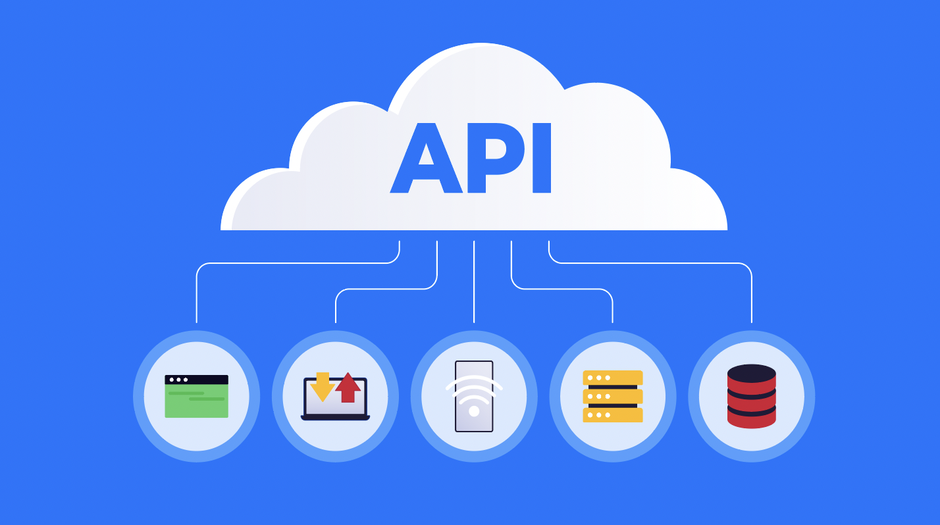The Importance of API Integration in Modern Business
In today's rapidly evolving business landscape, staying competitive and relevant is no longer just about having a great product or service. It's also about seamlessly connecting with the digital world and harnessing the power of data. This is where API integration plays a pivotal role. API integration, or Application Programming Interface integration, is the glue that binds together various software applications, allowing them to communicate and share data. In this article, we will explore the importance of API integration in modern business and how it can drive innovation, efficiency, and growth.
1. Streamlined Operations
One of the primary benefits of API integration is the streamlining of business operations. Modern businesses rely on a plethora of software applications to manage different aspects of their operations, from customer relationship management (CRM) to inventory management and accounting. Without efficient integration, these applications operate in silos, leading to data redundancy, errors, and inefficiencies.
API integration eliminates these silos by facilitating real-time data sharing between applications. For instance, when a customer places an order on your e-commerce website, API integration can automatically update your inventory system, generate an invoice in your accounting software, and even send a shipping notification to the customer. This not only saves time but also reduces the risk of errors associated with manual data entry.
2. Enhanced Customer Experience
In the age of instant gratification, customers expect a seamless and personalized experience from businesses. API integration enables businesses to meet these expectations by providing a 360-degree view of customer data. When a support agent accesses customer information, they can see not only the customer's purchase history but also their recent interactions with your website or app, helping them provide a more personalized and efficient service.
Furthermore, API integration allows businesses to leverage external data sources, such as social media and market research tools, to gain insights into customer preferences and behavior. This data can be used to tailor marketing campaigns, product recommendations, and pricing strategies, ultimately leading to a more satisfying customer experience.
3. Scalability and Flexibility
Modern businesses need to adapt quickly to changing market conditions and customer demands. API integration offers the scalability and flexibility necessary for such agility. When a new software solution or platform emerges that could benefit your business, API integration allows you to easily incorporate it into your existing ecosystem.
For instance, if you decide to implement a chatbot for customer support, API integration can seamlessly connect the chatbot to your CRM system, enabling it to access customer data and provide personalized responses. This flexibility to add and remove software components as needed ensures that your business remains adaptable and can capitalize on emerging opportunities.
4. Data-Driven Decision Making
Data is often referred to as the new currency of business, and API integration is the key to unlocking its value. By integrating data from various sources, businesses can gain deeper insights into their operations, customer behavior, and market trends. This data-driven approach enables informed decision-making, helping businesses make strategic choices that drive growth and profitability.
For example, e-commerce businesses can use API integration to analyze shopping cart abandonment rates and identify trends in customer behavior. Armed with this data, they can make adjustments to their website design, pricing strategies, or marketing campaigns to improve conversion rates.
5. Competitive Advantage
In a fiercely competitive business landscape, any edge can make a significant difference. API integration has become a competitive advantage in itself. Businesses that harness the full potential of API integration can innovate faster, offer better customer experiences, and operate more efficiently than their competitors. This not only helps them retain existing customers but also attracts new ones.
Conclusion
In conclusion, API integration has become indispensable for modern businesses looking to thrive in a digital-first world. It empowers organizations to streamline operations, enhance customer experiences, adapt to changing market conditions, make data-driven decisions, and gain a competitive advantage. As technology continues to advance, businesses that embrace API integration will be better positioned to succeed in the ever-evolving business landscape.




Comments
Post a Comment